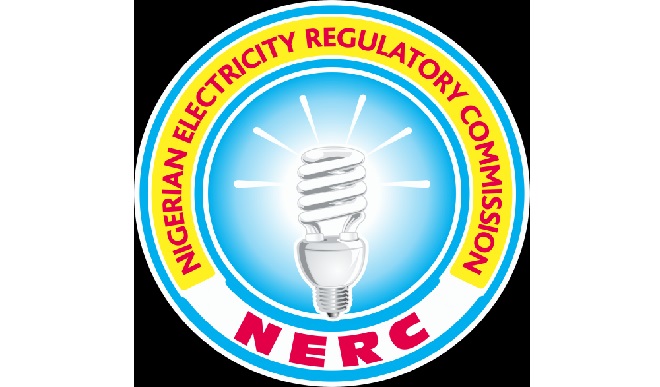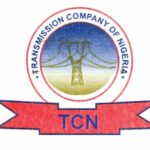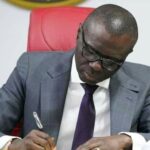The Nigerian Electricity Regulatory Commission (NERC) has initiated processes to split the Transmission Company of Nigeria (TCN) into two firms, five years after such an attempt was made but botched.
In a consultation paper titled, NERC/CP/2020/01, NERC called on stakeholders to turn in comments within one month (August 5, 2020), on the procedure for splitting the power transmission utility firm.
- Insolvency, lack of coordination killing power sector – Senate
- How controversy stalled July 1 electricity tariff hike
TCN is responsible for operating the national power grid, network maintenance, load allocation as well as reconciliation of energy payments for participants in the Nigerian Electricity Market (NEM).
Daily Trust reports that on May 18, 2015, over five years ago, a former Minister of Power Prof. Chinedu Nebo, issued a circular splitting the TCN into Transmission Service Provider (TSP) and the Independent Service Operation (ISO) sections of TCN
Engr. Abubakar Atiku was appointed MD/CEO of the TSP while Mrs. Ngozi Osuhor was appointed as the MD/CEO of ISO.
However, NERC under the former Chairman, Dr Sam Amadi quashed the process, saying due process was not followed as NERC which had issued licences to TCN, must endorse such action.
A stalemate also ensued between the Ministry and the then TCN board led by Ibrahim Dahiru Waziri saying the board was not consulted.
In the latest process to split TCN, NERC said upon the power sector privatisation, the Electric Power Sector Reform Act (EPSRA) 2005, TCN should be split to ensure independence.
NERC said it had consulted stakeholders in May 2015 towards splitting the firm but that, “the initiative was not concluded on account of the eventual expiration of the tenure of the last Commission.”
Giving a hint on the new process, the Commission said the first option is that the System Operator (SO) may continue to be a part of the corporate entity of the TCN but operating within the rules of the market and in such a manner as to ensure its operational and financial autonomy.
The second option is to have a Federal Government-owned ISO agency with public staff, management and Board of Directors.
It may also create a stakeholder-owned ISO agency, which means operators of the electricity market, consumer groups and NGOs.
The regulator said ISO which is part of TCN now is being funded by the electricity market through a certain percentage from the tariff.
If the unbundling of the ISO is considered appropriate and the new ISO agency is created, NERC said it will be funded by the annual budgets as approved in line with the provisions in the Market Rules.

 Join Daily Trust WhatsApp Community For Quick Access To News and Happenings Around You.
Join Daily Trust WhatsApp Community For Quick Access To News and Happenings Around You.


